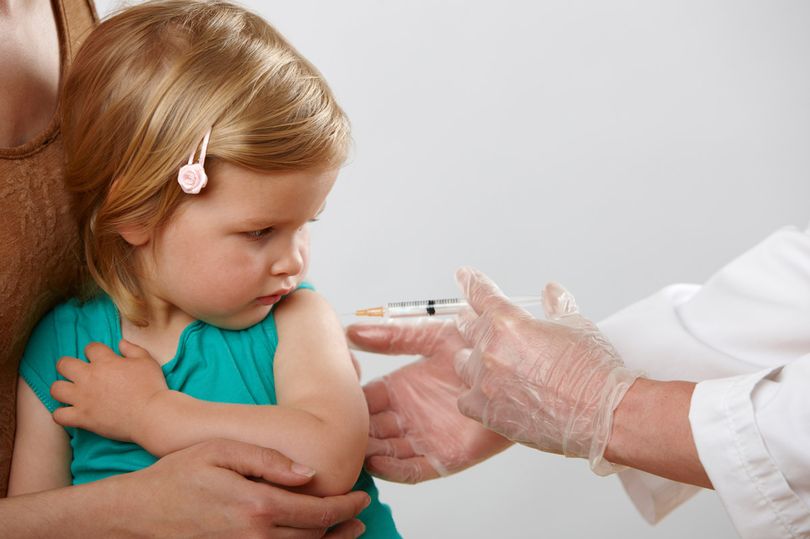Vaccination rates in the UK and Europe continue to fall. In Britain, take-up of the MMR vaccine has fallen for four years in a row. It could even dip below 90% for the first time since the scare in the early 2000s which linked MMR to autism, false though it was, and still is.
However, fraudulent links between the vaccination and autism led to droves of parents preventing their children from being given the vaccine.
The World Health Organization reported 41,000 cases of measles in Europe in the first half of 2018. There was also a further fall in vaccination rates, although that’s probably due to a more complicated set of factors as there’s been a fall in nine other major vaccines too.
According to Lynne Elliot, chief executive of the Vegetarian Society, the use of pork gelatine in vaccines and medicines could be putting people off getting the protection they need.
She said there’s a demand for vegan and vegetarian alternatives to common medicines, so that people didn’t feel conflicted about using them. “It is disappointing that so many medicines and vaccines are still using animal ingredients in their formulation,” said Lynne.

Gelatine is used in many medicines and as a stabiliser in vaccines, ensuring that they remain pure while being transported and stored. However, changing the stabilisers – or any ingredient in a medicinal product – entails going back to square one and that could take years.
In Britain, the most commonly affected vaccines are the nasal flu vaccine, a shingles vaccine and the measles, mumps and rubella (MMR) vaccine. But the latter does have a non-gelatine alternative.
Jewish groups have said that the use of such products doesn’t violate their religious laws, but Public Health England accepted that some Muslim communities wouldn’t consider them halal.
The Muslim Council of Britain said the vaccines would be allowed only if people’s lives were in jeopardy.
Ms Elliot is quick to emphasise that, while the Vegetarian Society was calling for a move away from gelatine, it wasn’t recommending that people shun vaccination.
“Many people will be conflicted about the idea of having to take non-vegetarian medicines, and some will find it upsetting,” she said.
“However, people should not put themselves at risk. They should take the medicines and vaccines they need, even if there are no vegetarian alternatives.
“But vegetarian and vegan versions of all medicines are needed.”

